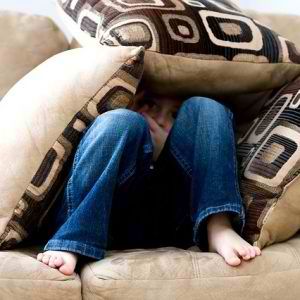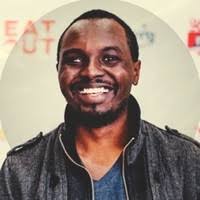The great rapper and intellectual, Lawrence Parker (better known by his stage name KRS-One), whose method of teaching hip hop culture, politics and consciousness builds on his audiences’ intuitive knowledge of contemporary history, once said in a poetry performance, “Everybody's bad. Everybody's tough. But how many people are intelligent enough, to open up their eyes and see through the lies?”
The answer came in the next breath – “Not many.”
In hip hop parlance, ‘bad’ in this case means ‘good’. As in, everybody thinks they're smart, discerning or, as we say nowadays, woke. Yet, very few are able to see behind the cold facade of everyday happenings.
With all the fear and anguish the coronavirus pandemic has wrought upon Kenya, one of the few useful opportunities it has provided us is the ability to engage our moral nature. Since the dawn of human history, man has been concerned with morals: What is right and what is wrong. Man is also a social being, who early on realized that the prize of survival was co-operation.
In early March, the emerging threat of the coronavirus forced us to contemplate the best way to morally navigate this period of crisis. For our collective benefit, we closed schools, we shut down public arenas like churches, restaurants, gyms and stadiums. Moreover, we all took individual responsibility to isolate and distance ourselves from our families, friends, and colleagues. All this was done out of a moral stance – a good one at that. We rose to the challenges and sacrifices that this exceptional circumstance required. Because that was the right thing to do.
After three months of living with and learning about this new virus, is it not wise to turn back to our morals and ask ourselves again, “What's the right thing to do now?”
From the get go, it was clear that our moral choice to save ourselves from the coronavirus was always going to put us through an economic wringer. Businesses were going to have to tighten up their belts and endure earning shortfalls for a period of time, workers too were going to make do with lighter paychecks, or even unpaid leave until we collectively navigated through the existential threat.
Luckily, we've now learnt that the coronavirus isn't as much a fierce enemy as we thought it was. In fact, the chances of recovery for anyone who catches it is up to 98 percent. Any betting person will tell you those are really, really good odds. Isn't it illogical then that this new data seems to be glossed over by governments, health professionals, and media alike? Is it not reasonable to ask that we relax the emergency precautions that we all morally took at the beginning of this crisis when we didn't have enough information about the new virus?
We're now being called to make yet another moral evaluation of this pandemic and our collective response to it.
Thousands of small businesses, both formal and informal, which were already crushing under the weight of regulation and taxes are facing real existential threats. We’re not talking about tightening belts anymore, we’re talking about companies dissolving. Likewise, thousands of workers are transitioning from unpaid leave to permanent unemployment, joining the millions of already unemployed youth. The net effect of all this has been the unbridled rise of anxiety, domestic abuse and suicide cases globally. We're learning very quickly that the ensuing uncertainty caused by the coronavirus curfews and lockdowns can be more harmful than the virus itself. So, what's the right thing to do?
One solution to all of this is adult voices. But where are they? There's a huge dearth of them at the moment; from government to business leaders, bureaucrats to spiritual leaders, and workers' unions to non-governmental entities. Every time I watch the news, someone is giving credence to an illogical argument to continue keeping businesses shut and our lives at a standstill.
We need adult voices now more than ever to rock us out of the slumber that our deep desire for security has lulled us into. To a point where we'll even settle for a false sense of security and sacrifice all else; including our collective economic and mental well-being.
In movies, the concept of suspension of disbelief calls for us to suspend logic and enjoy the onscreen entertainment as fiction. But in real life, we cannot afford to do that. The rapid decline of reason and rise of authority during this pandemic can only be countered by real adults. Adults who recognize that nothing, including the specter of death, should stop us from living. Adults who can logically separate the fear of a new virus from the fear of our own mortality. Adults who do not fear dissenting when there's moral imperative to do so.
But, just where are the adults?





